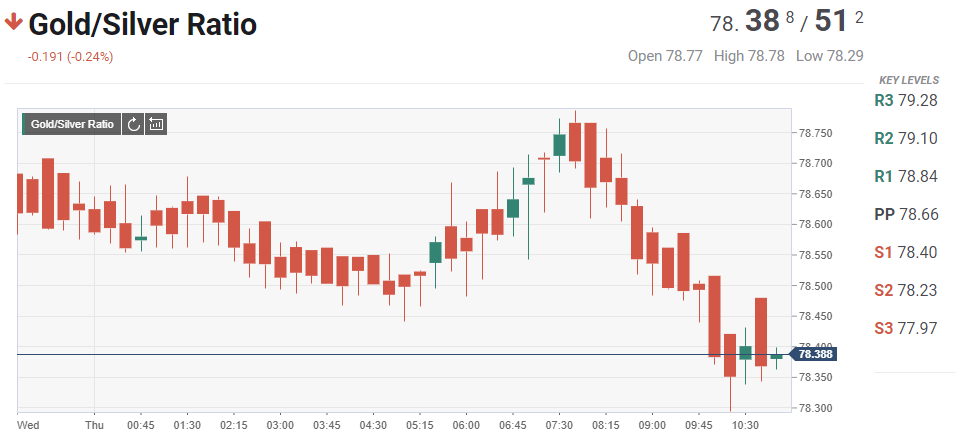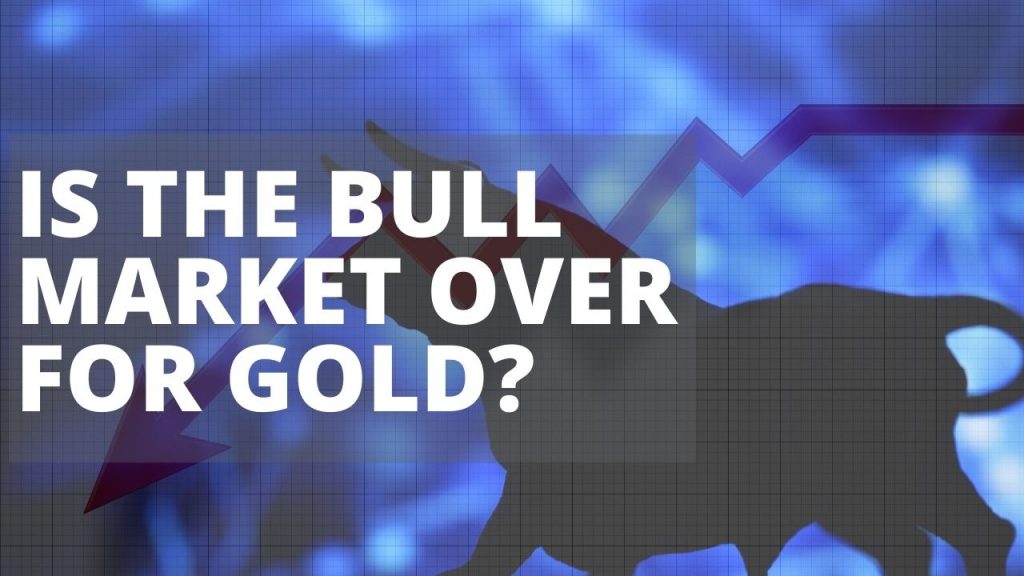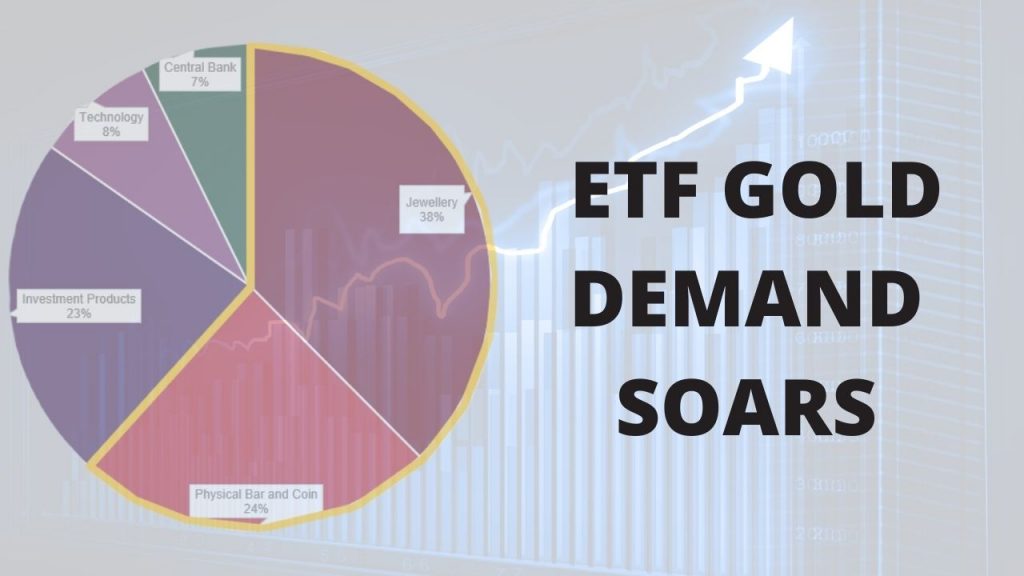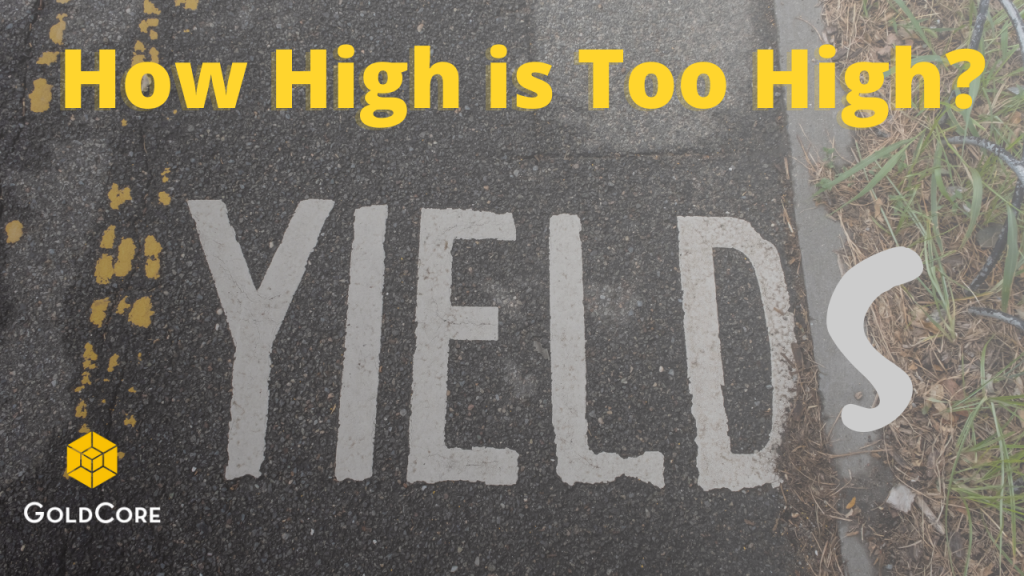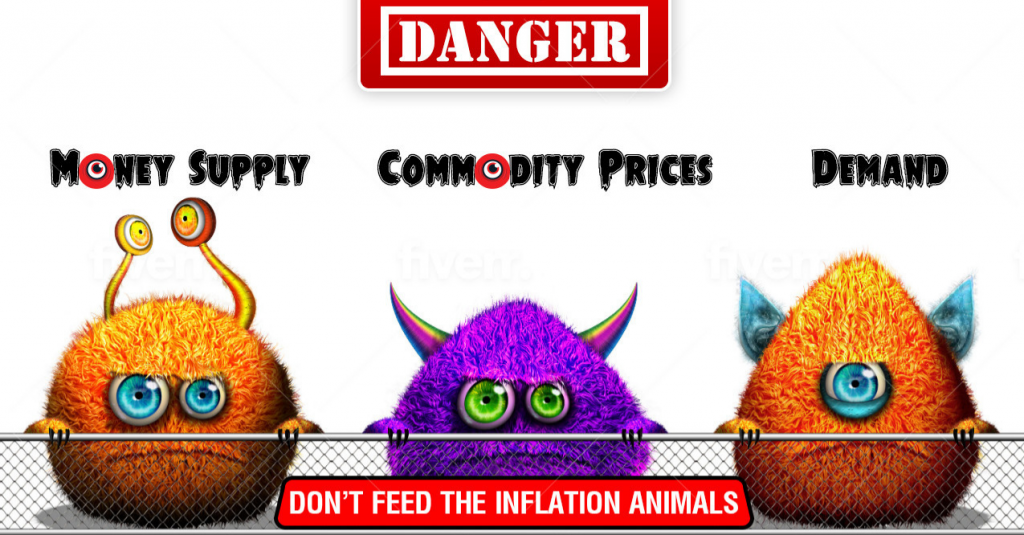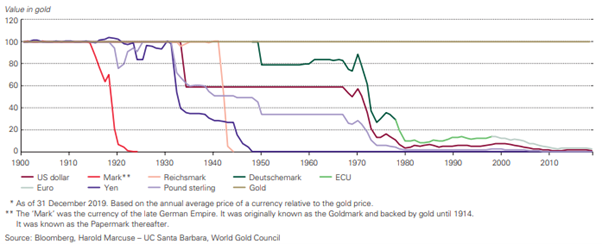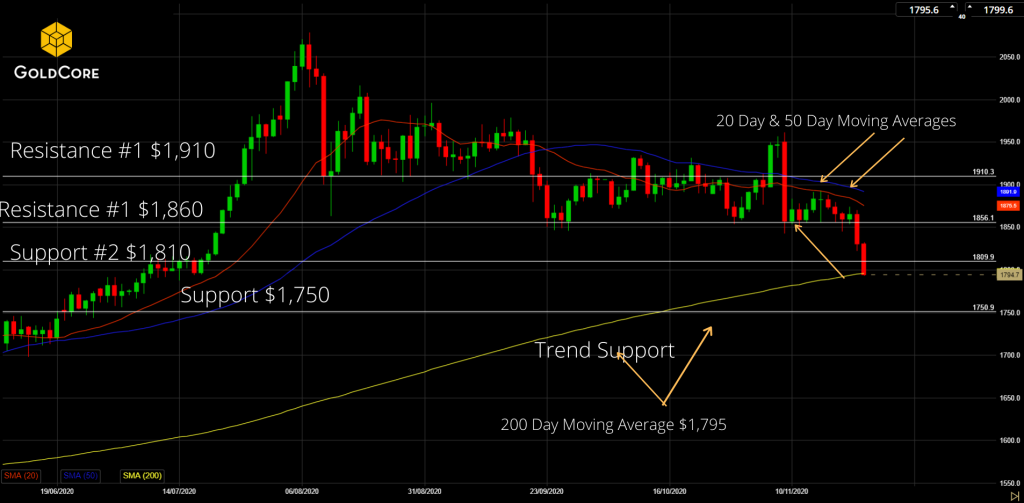By Joe Ciolli – BusinessInsider.com
With the stock market within shouting distance of an all-time high, traders are readying their Champagne bottles. Just don’t tell them about the eye-popping statistic just published by the reputed research outfit Leuthold Group , lest you spoil their fun. Leuthold has taken a fairly traditional valuation measure — the price-to-sales ratio, or P/S — and added a twist. Rather than take the market-cap-weighted P/S for the benchmark S&P 500 , the firm has calculated the median P/S for every company in the index. And as you can see from the red line in the chart, the historical comparison is jarring. Going by the median P/S measure, the S&P 500 is actually twice as expensive as it was at the peak of the tech bubble. |
|
| Leuthold has already sounded the alarm in the past about the blue line, which is the market-cap-weighted version of the P/S metric. The firm previously considered it the “scariest chart in our database” — but it now appears to be a distant No. 2.
“The addition transforms an already alarming chart into one that’s almost unfit for a family-friendly publication,” Doug Ramsey, Leuthold’s chief investment officer, wrote in a client note. “The nature of this market’s overvaluation is very different than in 2000.” It’s different in the sense that the overvaluation is more widespread — and the implications of that fact are potentially devastating. When the stock market does face its next Armageddon stage, there will be nowhere to hide. When the broader market got crushed in the dot-com era after the tech bubble burst, that was largely because of the massive concentration of positions in the sector. Traders could’ve theoretically protected themselves by hiding in more fairly valued industries. Investors today have no such luxury. “Overvaluation in 2000 was highly concentrated,” Ramsey said. “Today it is pervasive.” The lack of comparatively cheap opportunities in the market is a particularly troublesome development for so-called value investors, who are left searching for bargains that simply don’t exist. In a more concentrated market, value investors could position themselves to outperform by patiently waiting in cheaper areas for the more crowded, pricy segments to collapse. With no inexpensive areas to speak of, that strategy becomes much more difficult. “This breadth of overvaluation certainly helps explain today’s level of despondence among value managers,” Ramsey said. “The long period of penance has not rewarded them with any truly cheap pockets of the stock market — like it did in 1999 and 2000. They still stand to lose serious money in the next bear market, but their results should be much better than the throngs who’ve decided to put their equity investing on auto-pilot.” |
Market Valuation, 1990 - 2018 |
| Trump Trade and Currency Wars With China – Goldnomics Podcast | |
| Gold:Silver Ratio |
Gold:Silver Ratio(see more posts on gold silver ratio, ) |
Full story here Are you the author? Previous post See more for Next post
Tags: Daily Market Update,gold silver ratio,newslettersent












